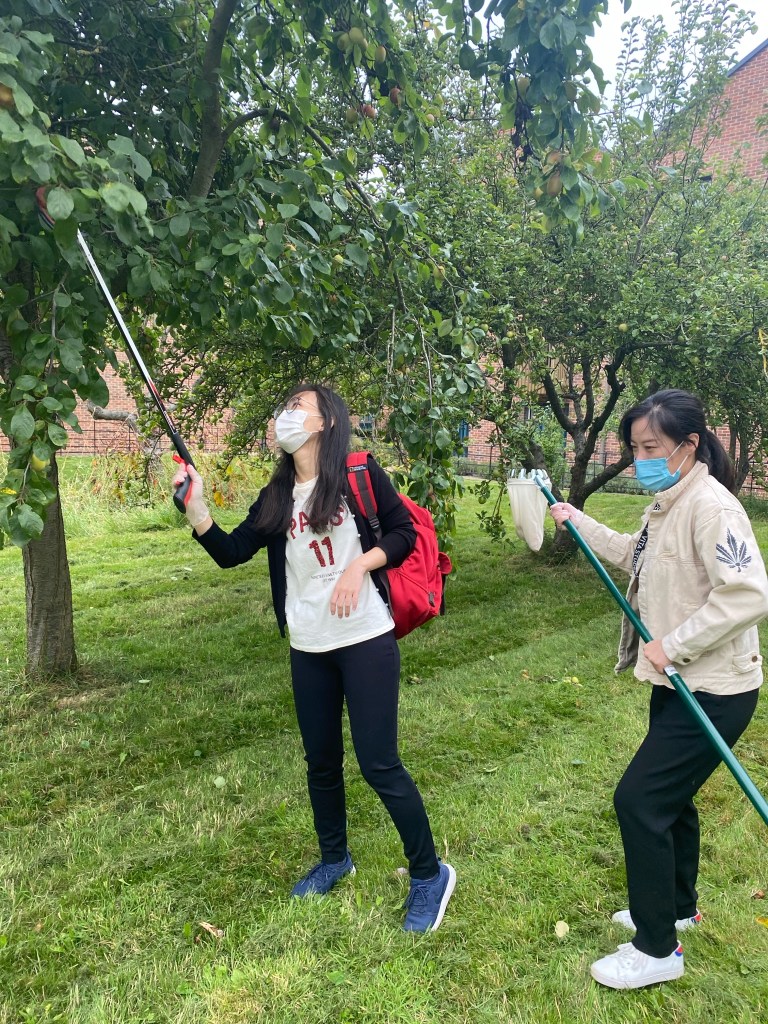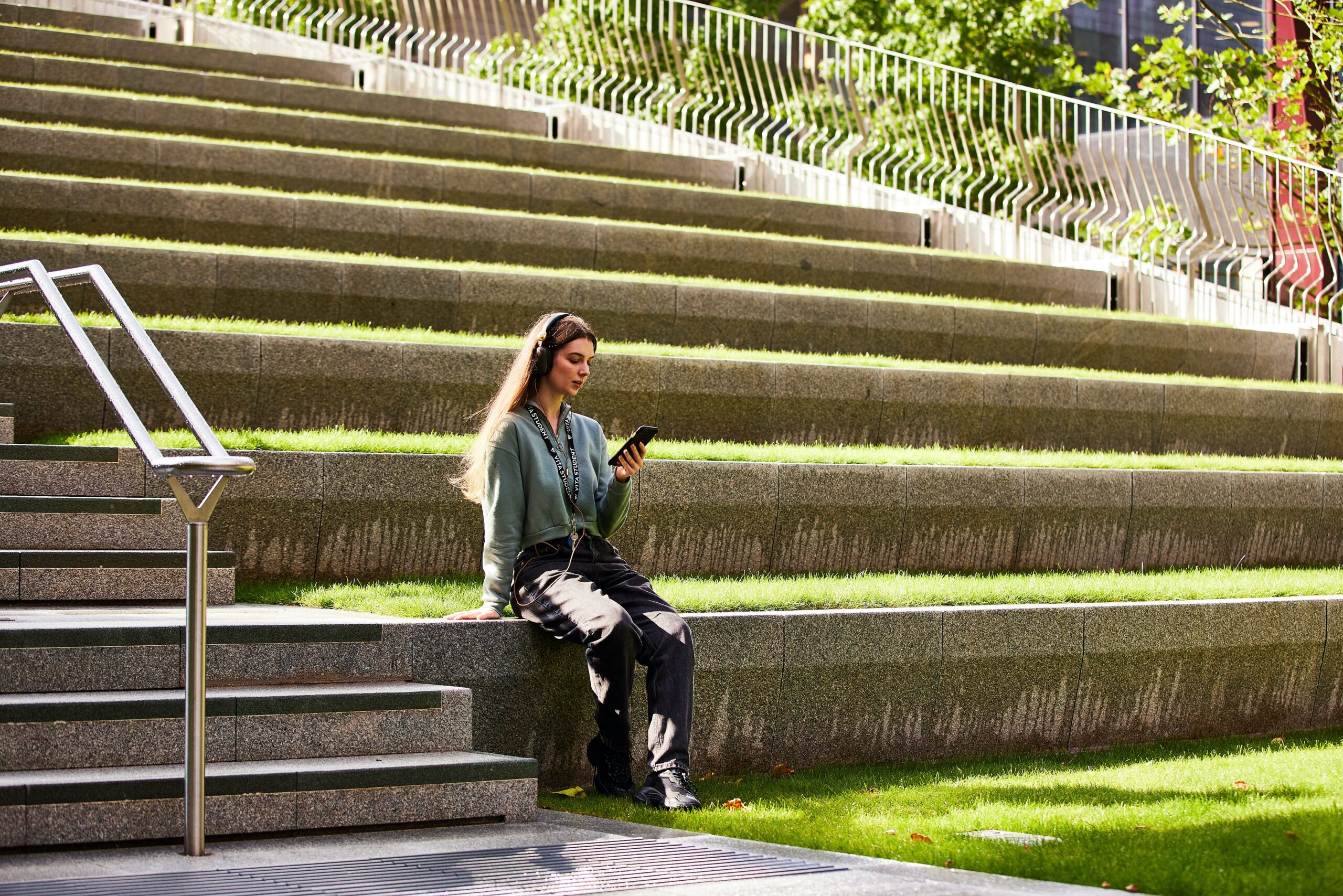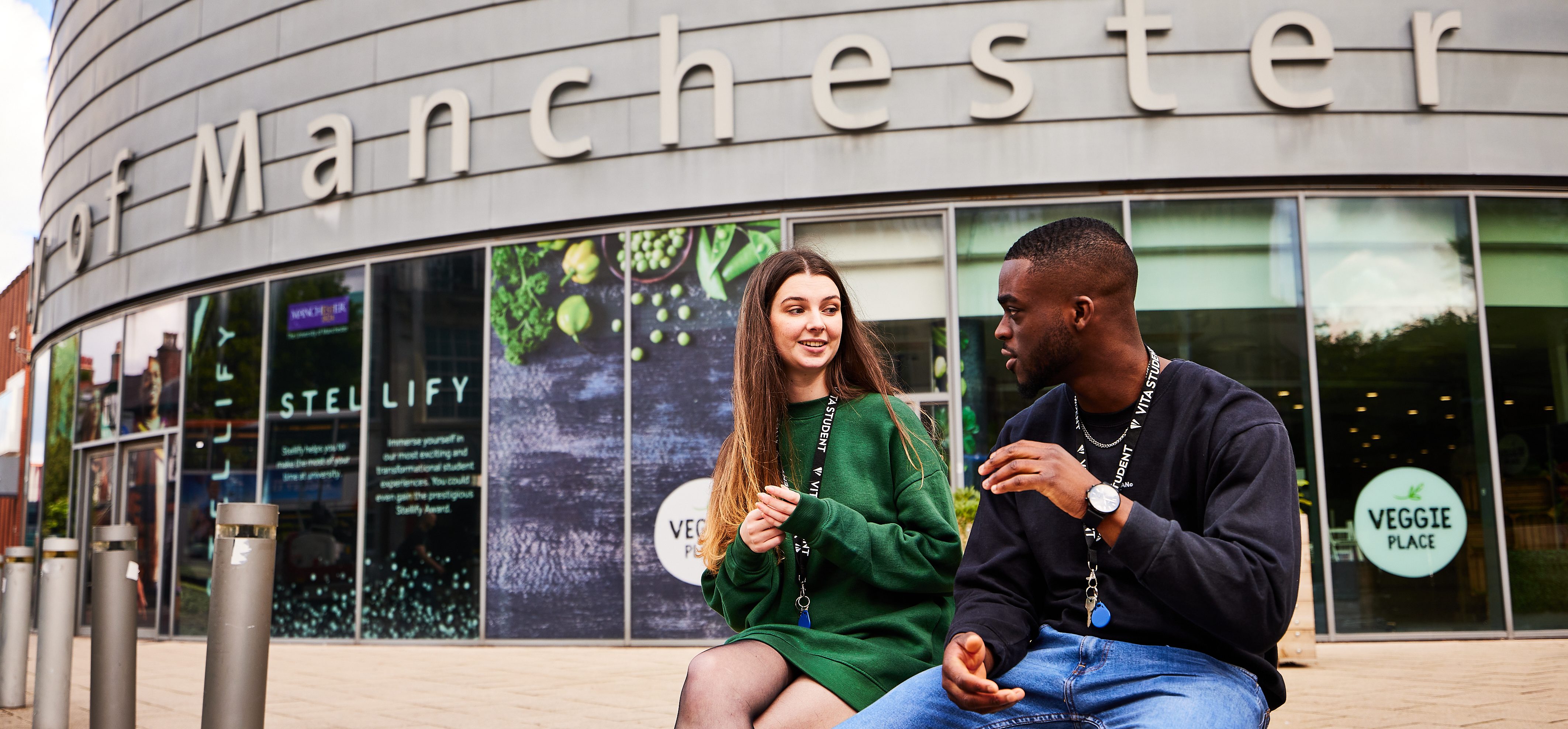As the world becomes more conscious of its impact on the environment, sustainability has become an increasingly popular term. Climate change is undeniably, one of the biggest challenges this generation will face. So, it comes as no surprise that 84% of Gen Zs in the UK believe that this issue needs to be addressed – and addressed quickly.
Living as a student can be busy, and especially if you’re budgeting, you might struggle to make more eco-friendly choices. You may feel like you have little control over what happens to the environment. And while it’s true that governments and businesses will need to put in the most effort to reduce their carbon footprints, there are plenty of small changes you can make to help the planet.
Keep reading to find out our six tips to live sustainably while at uni.
second-hand style
Being at university is a pivotal moment when it comes to developing your style, but it doesn’t need to cost the earth. Swapping fast fashion for thrift or charity shops allows you to stay fashionable while living more sustainably as a student.
When you buy second-hand, you give a new life to already existing garments, meaning less clothes are sent to landfill and less harmful emissions are released into the atmosphere. However, it’s not the only benefit – thrift shopping can save you a ton of money and you will find some amazing, one-of-a-kind pieces to elevate your style.
Great places to thrift are high-street charity shops, or vintage stores that rework old clothes. It’s also easy to buy second-hand online too, using apps like Vinted, Depop, eBay or Facebook Marketplace.
The fashion industry is one of the world’s largest polluters – so overall, the less consumption the better. A collective effort to lower consumption will reduce water waste and the amount of virgin plastic used in clothes, having huge benefits for the planet. These synthetic fibres are made from fossil fuels and are in approximately 50% of items from fast fashion brands. The most sustainable clothes are the ones you already own, so consider only buying when you really need to.
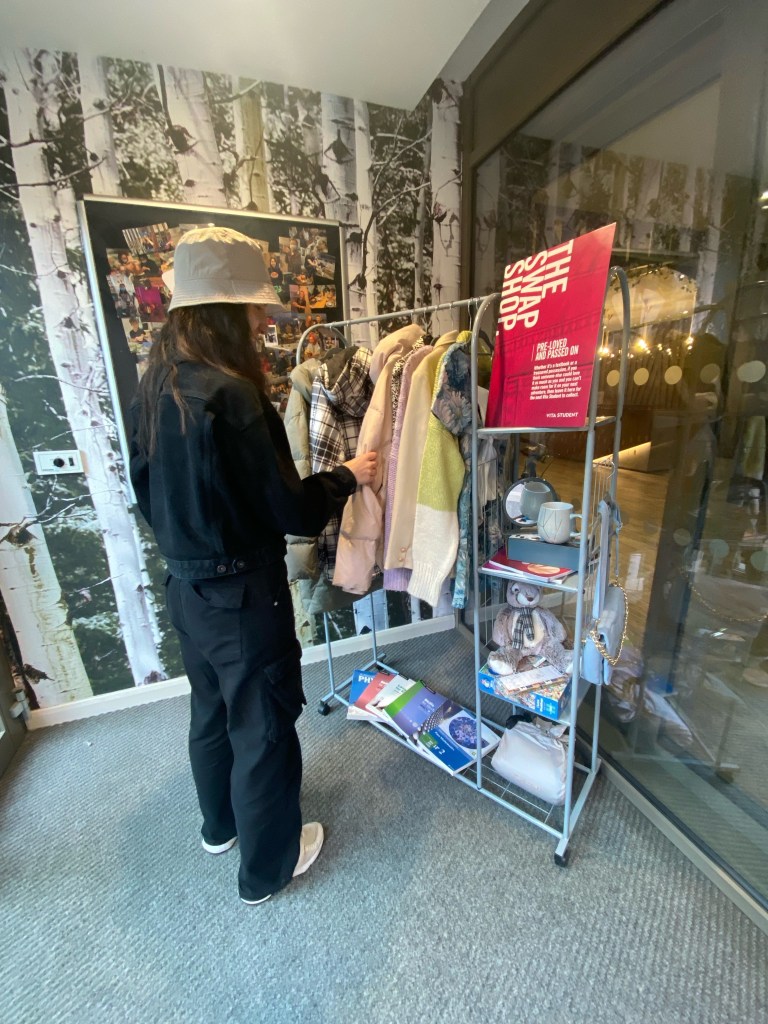
If you live at Vita Student, you can also use our Swap Shop which opens at different times in the academic year. You can bring down clothes you no longer want and swap them for other second-hand pieces that your neighbours have donated. The best thing? It’s all free.
Or, if you simply want to get rid of some old clothes, then we also have British Heart Foundation donation bins in our buildings. Read more about them here.
choose plastic-free alternatives
Unfortunately, some of the most convenient options when it comes to grocery shopping use excessive amounts of plastic.
Making small, simple swaps to what you buy can have a huge benefit to the environment. Now that climate change has become a more widely accepted fact, there are plenty of plastic-free alternatives on the market.
In the supermarket, opt to buy loose veg. There is little difference in price, if any, and will save a hell of a lot of unrecyclable plastic being thrown into the bin. You can also replace make-up wipes for reusable pads, buy sauces contained in glass bottles, and even take your own tote bag to pack your shopping in, rather than using plastic carrier bags. In most cities, you can also find plastic refill shops where you can get pretty much everything you need at a reasonable price.

Other plastic-free swaps you can make as a student are:
1. Use notebooks made from recycled materials – or better yet, go completely digital and only use your laptop for notes
2. Use a toothbrush made from bamboo instead of plastic
3. Ditch single-use water bottles and coffee cups, and invest in reusables
4. Buy your train tickets online, rather than at the station to avoid printing single-use tickets
At our Vita Student Pedralbes building, we are part of an initiative called Join the Pipe. Like its Founders, we want to see less plastic in the oceans. Therefore outside of the building, both residents and the public can fill up their water bottles with free, purified water using our “Join the Pipe” tap.
eat less meat
Like plastic-free shopping, veganism has risen in popularity due to the heightened awareness of climate change. Therefore, it is incredibly easy now to find delicious plant-based alternatives in supermarkets. Animal farming is a big contributor to greenhouse gases, especially when it comes to beef, as cows release methane into the atmosphere. Veganism doesn’t work for everybody, but even reducing your meat consumption slightly will still be largely beneficial for the planet.
Think about trying meat-free Mondays – not only will it reduce your carbon footprint, but it will also be a great option for your health, and allow you to experiment and learn new recipes in the kitchen.
If you’re really committed to making your eating habits more eco-friendly, then you could also look into local food sources like farm shops and vegetable delivery boxes. These are more sustainable options as they have shorter transportation periods and a smaller CO2 footprint.
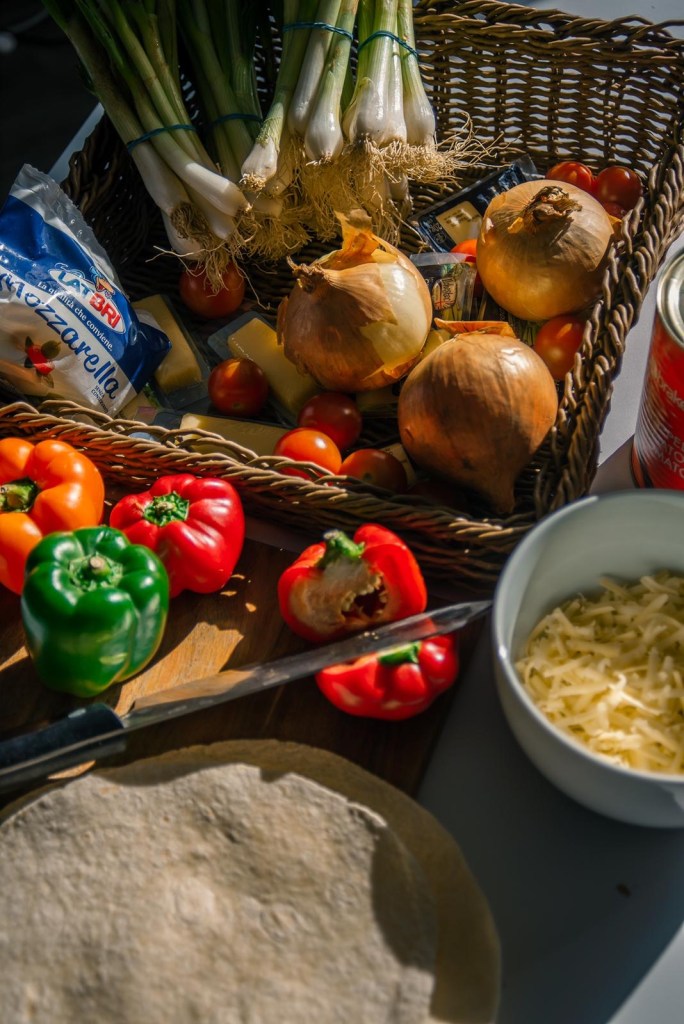
use energy with intent
Especially when you are revising for exams, you will spend a significant amount of time in your room, using electronic devices like laptops, iPads and televisions. Charging your devices overnight can use more energy than needed. If possible, unplug your charger once you are at full battery.
Turning off your lights when you aren’t using them, and only turning your heating on when you need to, are just other easy ways you can reduce your carbon footprint.
green travel
As a student, you will often be travelling around the city, and commuting to and from your university on a daily basis. By choosing greener options like walking, cycling or public transport, you can massively reduce your carbon footprint.
At Vita Student, we have free-to-use bikes that help you to get around your city – allowing you to make more eco-friendly choices while staying fit in the process.

use your food
Regardless of if you live in a student studio or shared house, you’re often only cooking for yourself at uni, and it can cause a lot of food waste. However, one way to live sustainably as a student is by saving your leftovers is a great way of reducing your carbon footprint, this means you’ll spend less time in the kitchen during the week.
Try doing some meal prep during the week. By doing this, you will use all of the fresh food in your fridge and have plenty of meals to cover your late-night revision sessions. Our recommendations would be making meals like curries, lasagnas, spaghetti or risotto – these keep well in the fridge and you could even freeze them if you wanted to save them for a later date.
Bonus tip: Get involved in sustainability efforts
Lastly, if you are able to, you can become more sustainable by joining your university’s environmental society and by getting involved in local sustainability initiatives. In most cities, you can find events like litter clean-ups, tree planting and education seminars that help you to learn about sustainability and have a positive impact on your community.
Read more about our sustainability project in York.
It’s important to remember that as a student living sustainability is not just a personal responsibility, but a collective one. The future of our environment relies on more than one person, but if we all make small changes to our lifestyle, we can make big difference.
